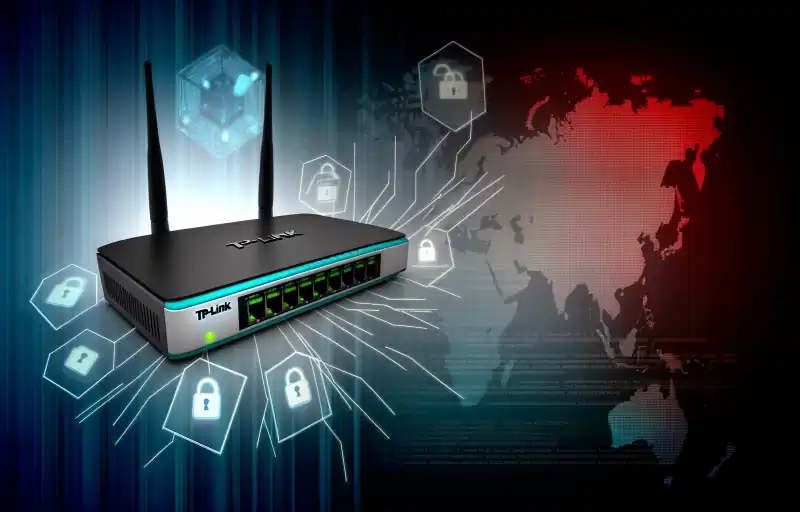
“National Security at Risk: Lawmakers Urge Probe into TP-Link Routers’ Cyber Threats”
National Security Concerns Over TP-Link Routers: US Lawmakers Demand Investigation
In a recent development, two members of Congress have raised alarms over potential cybersecurity risks associated with Wi-Fi routers manufactured by the Chinese company TP-Link Technologies. The lawmakers are urging the Commerce Department to conduct a thorough investigation into these concerns, highlighting the growing apprehension about foreign technology and its implications for national security.
The call for an investigation comes amid increasing scrutiny of Chinese tech companies and their products, which some U.S. officials believe could be used for espionage or other malicious activities. This concern is not new; it echoes previous actions taken against other Chinese firms like Huawei and ZTE, which have faced similar allegations. However, the focus on TP-Link routers marks a significant expansion of this scrutiny into more consumer-oriented technology.
The lawmakers argue that TP-Link routers, widely used in homes and small businesses across the United States, could potentially serve as entry points for cyberattacks. They point out that these devices are integral to the functioning of modern digital infrastructure, handling vast amounts of data and connecting numerous devices to the internet. Given their critical role, any vulnerabilities in these routers could have far-reaching consequences.
Moreover, the lawmakers emphasize that TP-Link’s ties to China raise additional red flags. They note that Chinese laws require companies to cooperate with government intelligence agencies, which could theoretically compel TP-Link to provide access to user data or network traffic. This possibility is particularly concerning in light of ongoing geopolitical tensions between the United States and China.
In their letter to the Commerce Department, the lawmakers stress the need for a proactive approach to cybersecurity. They argue that waiting for a breach to occur would be too late and that preventive measures are essential to safeguard national security. They also call for greater transparency from TP-Link regarding its data handling practices and any potential connections to the Chinese government.
The request for an investigation has garnered support from various cybersecurity experts who share similar concerns about foreign-made technology. These experts argue that even seemingly benign devices like Wi-Fi routers can pose significant risks if not properly secured. They point out that cyber threats are constantly evolving, and staying ahead of these threats requires vigilance and proactive measures.
Not everyone agrees with the lawmakers’ assessment. Some industry analysts argue that targeting specific companies based on their country of origin could lead to unnecessary trade tensions and may not effectively address the underlying cybersecurity issues. They suggest that a more comprehensive approach, focusing on improving overall cybersecurity standards and practices, would be more beneficial in the long run.
TP-Link, for its part, has responded to the allegations by reiterating its commitment to user privacy and security. The company asserts that it complies with all relevant laws and regulations in the countries where it operates and that it employs robust security measures to protect its products from cyber threats. TP-Link also welcomes any opportunity to demonstrate its commitment to cybersecurity through transparent dialogue with regulators.
As the debate continues, it is clear that the issue of cybersecurity in consumer technology is becoming increasingly prominent. The outcome of this investigation could have significant implications not only for TP-Link but also for other foreign tech companies operating in the U.S. market. It underscores the delicate balance between fostering technological innovation and ensuring national security in an interconnected world.














